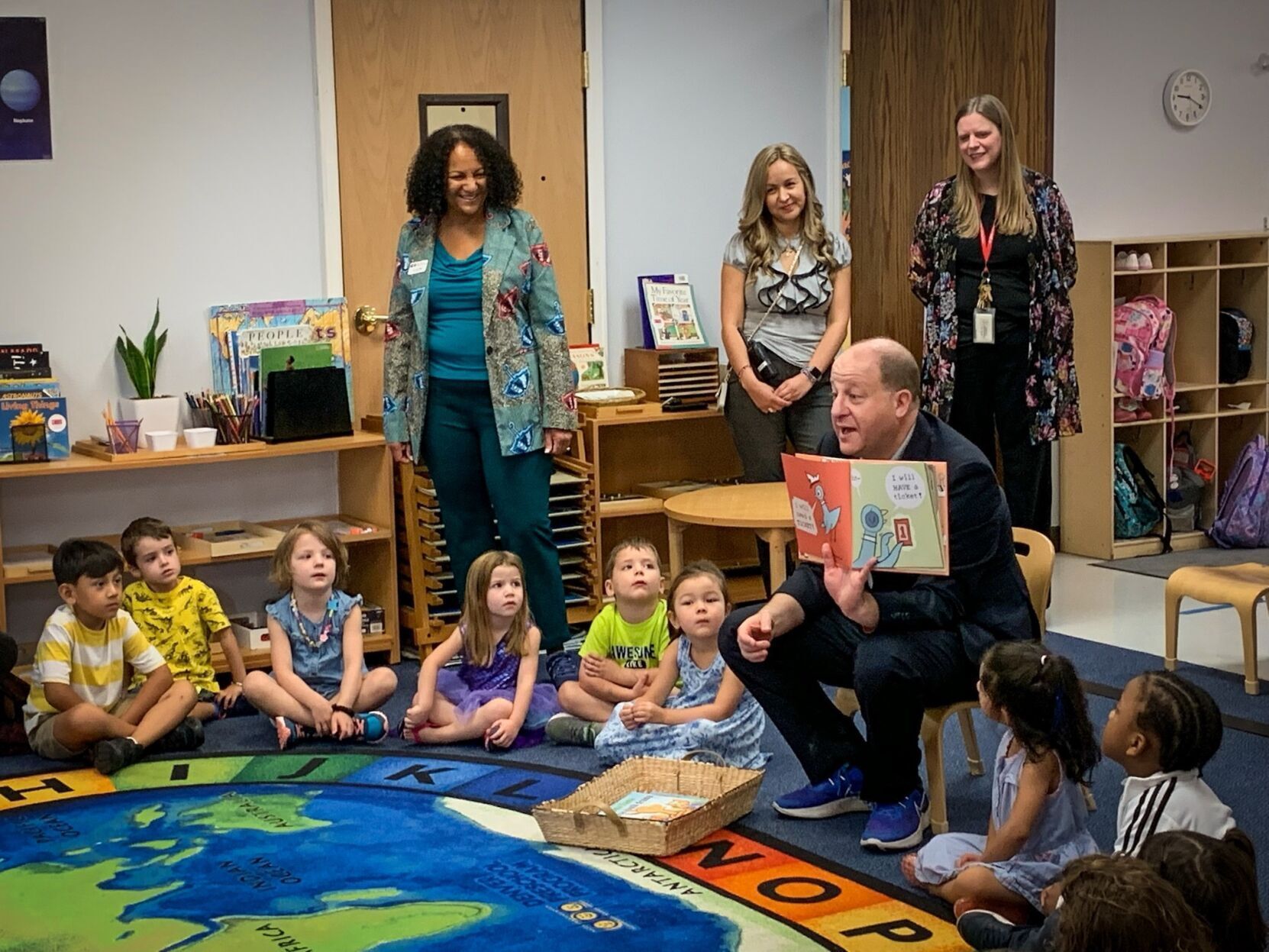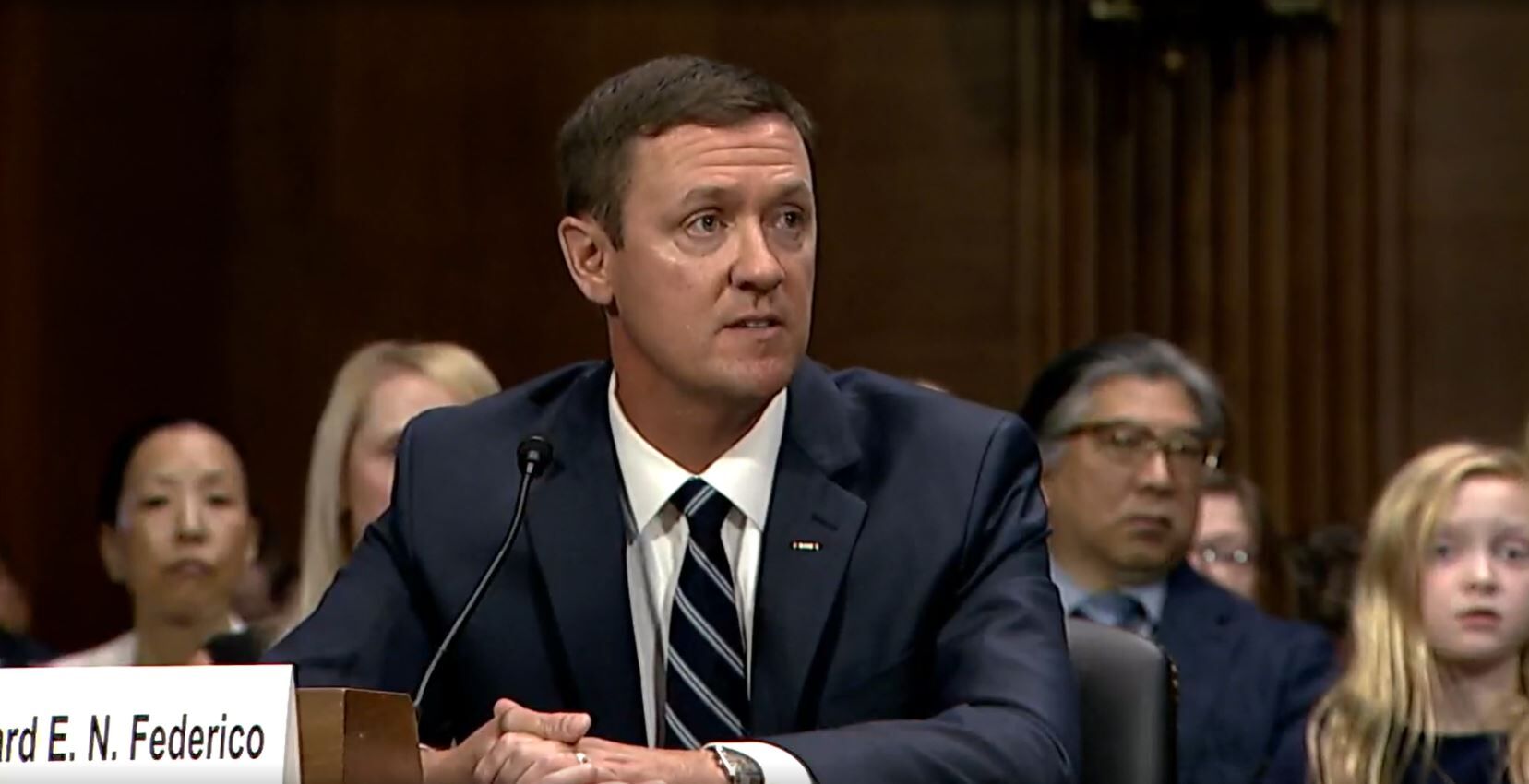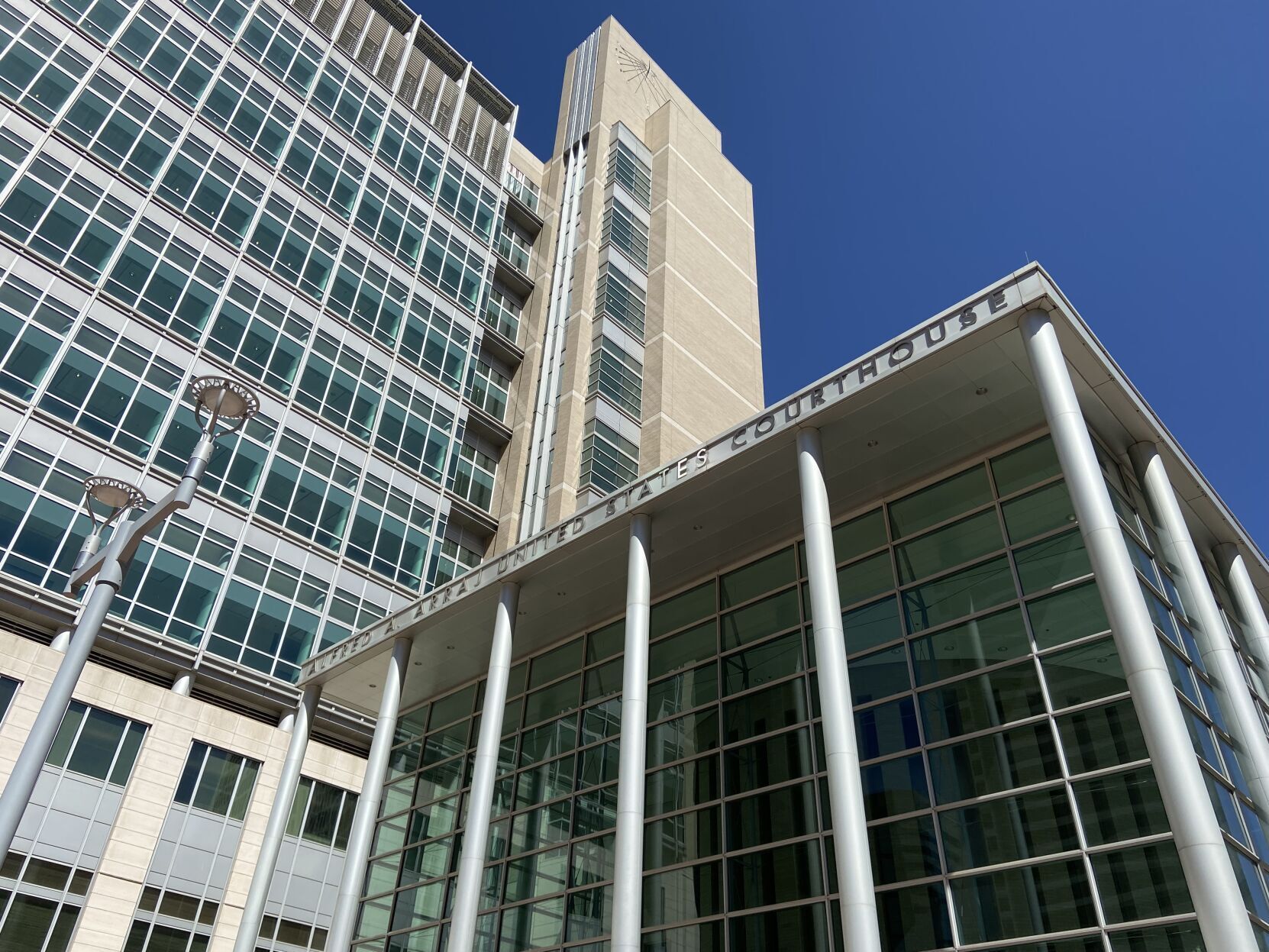‘A model example’: 10th Circuit OK’s Colorado’s non-discrimination requirement for universal pre-K

The Denver-based federal appeals court ruled on Tuesday that Colorado’s universal pre-kindergarten program does not violate the rights of religious preschool operators by requiring participating organizations to refrain from discriminating on the basis of sexual orientation and gender identity, among other characteristics.
Two Catholic institutions, St. Mary Catholic Parish in Littleton and St. Bernadette Catholic Parish in Lakewood, filed suit against the state, alleging their preschools could not participate in the publicly funded program because the church’s religious views on sexual orientation and gender identity run afoul of the requirements. Two parishioners of St. Mary with a preschool-age child are also parties to the litigation.
Last year, a trial judge largely turned aside the challenge, only siding with the plaintiffs on a specific program provision that is no longer in existence. A three-judge panel of the U.S. Court of Appeals for the 10th Circuit agreed that the non-discrimination requirement, which applies across the board to every type of operator, satisfies the First Amendment.
“The program is a model example of maintaining neutral and generally applicable nondiscrimination laws while nonetheless trying to accommodate the exercise of religious beliefs,” wrote Judge Richard E.N. Federico for the panel of Democratic-appointed judges in the Sept. 30 opinion.

The universal pre-K program came about after Colorado voters approved funding in 2020 for a “mixed-delivery” system of private and public providers, a step toward one of Gov. Jared Polis’ key campaign promises. Approximately 40,000 children enrolled in the first year, along with 40 faith-based preschool operators that enrolled more than 900 children.
The plaintiff preschools, however, abstained from signing up out of concern that their faith-based views on personal pronouns, bathroom usage and same-sex marriage — all related to LGBTQ status — disqualified them from the state-funded program as long as the non-discrimination mandate was in effect.
U.S. District Court Senior Judge John L. Kane held a trial last year, hearing from witnesses who helped develop the program, experts in psychology and parenting, and employees of the Catholic church. Ultimately, Kane rejected the parishes’ core claim that Colorado had violated their constitutional rights by requiring providers to give students an equal opportunity to enroll regardless of sexual orientation.
“When the State is footing the bill, it has a compelling interest in deciding that children may not be denied this experience based on specified discriminatory factors,” wrote Kane, a Jimmy Carter appointee. “The requirement applies to UPK providers, regardless of their religious or non-religious character. The purpose of the requirement is not to invade religious freedom but to further the implementation of a strongly embraced public value.”
Kane reached a different conclusion than U.S. District Court Judge Daniel D. Domenico, a first-term appointee of President Donald Trump, who granted an injunction to a Chaffee County Christian school that brought similar claims. Domenico’s decision is on appeal to the 10th Circuit, where the three-judge panel has not yet been announced for that case.

On appeal, the Catholic parishes’ case attracted substantial interest from outside groups. Religious organizations, private schools, the nonprofit EdChoice and individual religious parents generally argued the enforcement of an LGBTQ non-discrimination requirement on faith-based providers was not a compelling state interest.
“Defendants’ policies implementing the Program amount to a religious penalty and tax on the large number of Coloradoans of faith who want to send their children to religious preschools,” argued the Jewish Coalition for Religious Liberty, the Rocky Mountain District Lutheran Church Missouri Synod and the Colorado Association of Private Schools.
Meanwhile, First Amendment scholars, the American Civil Liberties Union, and various religious or secular advocacy groups argued Colorado was within its rights to prohibit discrimination categorically as a condition of the program.
“The plaintiff religious schools are merely being asked to follow the same antidiscrimination rules that apply to every other school in the Program — rules that are grounded in secular, not religious, concerns,” wrote Americans United for Separation of Church and State, the ACLU and multiple faith organizations.
During oral arguments in March, there was discussion of the various placement preferences built into the program, including the now-repealed allowance for “congregations” to prioritize their members’ children that Kane found problematic. Deputy Solicitor General Helen Norton argued that the non-discrimination mandate, in contrast, was a non-negotiable feature for all providers.
“The plaintiffs here ask this court to do what no appellate court has ever done: Create a First Amendment right for publicly funded schools to exclude and expel children because of those children’s, or the parents’, protected class status,” she said.
Case: St. Mary Catholic Parish v. Roy
Decided: September 30, 2025
Jurisdiction: U.S. District Court for Colorado
Ruling: 3-0
Judges: Richard E.N. Federico (author)
Gregory A. Phillips
Veronica S. Rossman
Federico, a Joe Biden appointee, noted in the panel’s opinion that Colorado “welcomed and actively solicited” the participation of faith-based providers in the universal pre-K program.
“The only relevant limitation on any preschool’s participation is the nondiscrimination requirement, which applies to all preschools regardless of whether they are religious or secular,” he wrote. “Thus, the inclusion of religious schools as welcome participants in Colorado’s UPK program distinguishes this case from Supreme Court decisions where the plaintiffs were excluded from participation based upon their religious exercise and status.”
The panel concluded the non-discrimination requirement in state law is neutral towards religion and applicable to all providers. Moreover, the placement preferences embedded within the program, such as those related to geography or for the children of school employees, did not mean the Catholic parishes were entitled to further deviate from the non-discrimination mandate.
“This ruling does not mean that we shirk our constitutional duty to protect the Parish Preschools’ freedom of worship,” wrote Federico. “It simply means that when a school takes money from the state that is meant to ensure universal education, then its doors must be open to all.”
The case is St. Mary Catholic Parish et al. v. Roy et al.











